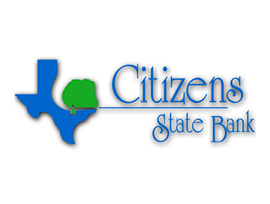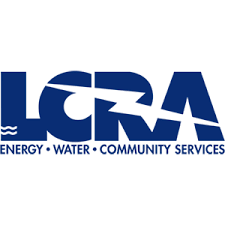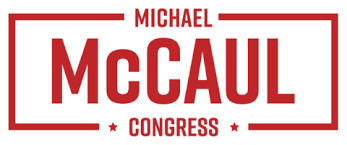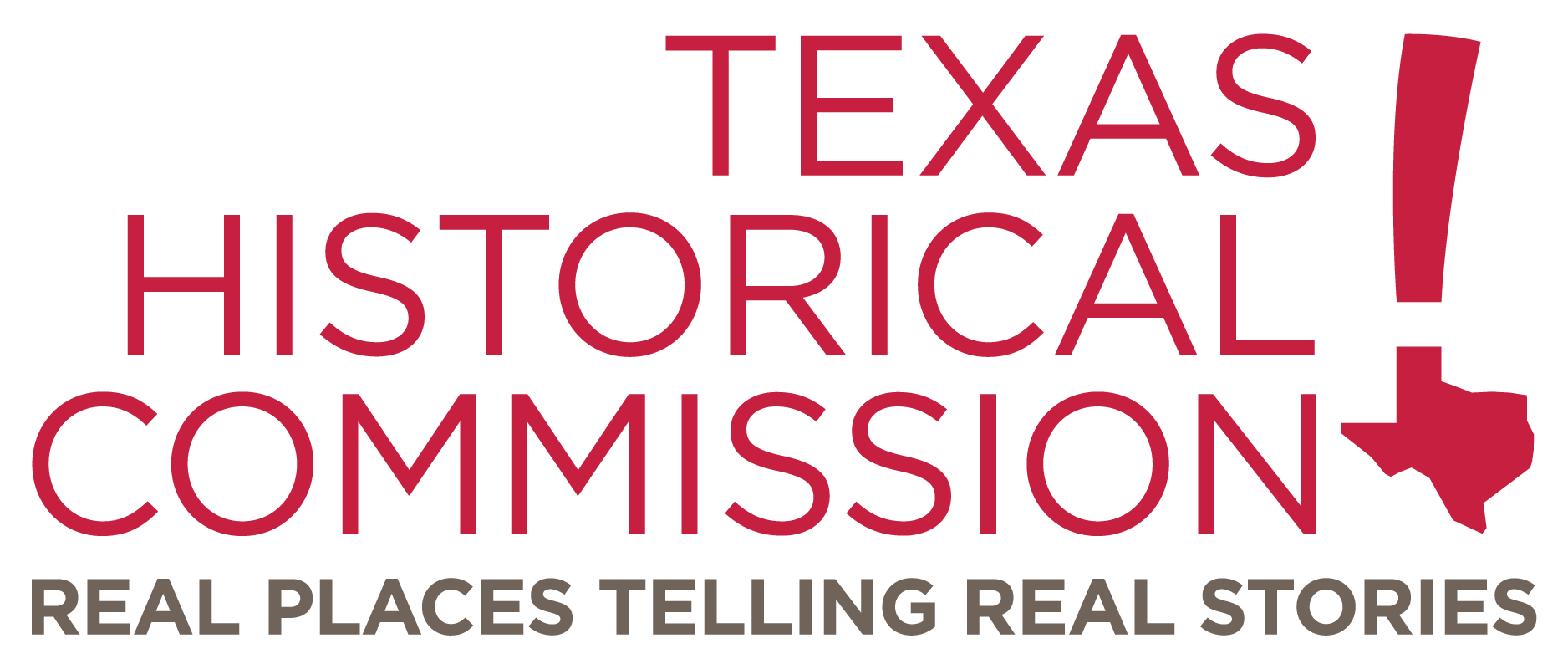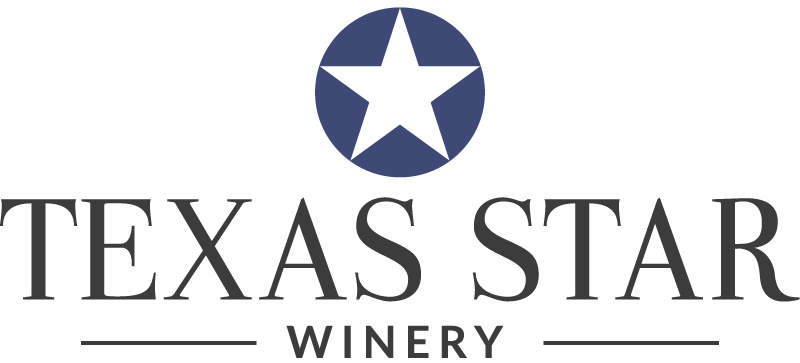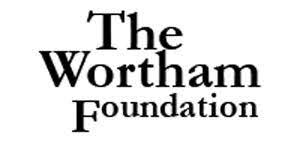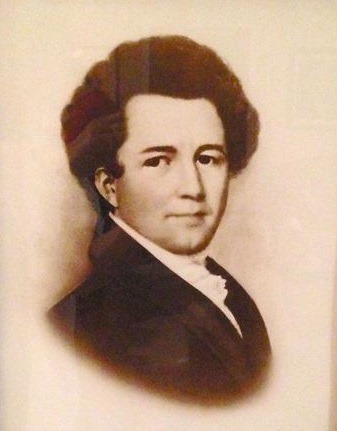
Day Four of the Convention of 1836
he Convention Delegates spent the day organizing several committees that would begin the work of organizing the new Republic in earnest. Several delegates whose credentials as delegates were in dispute were settled and seated, these being Samuel R. Fisher (Matagorda) and John W. Bower (San Patricio). Both men had disputes between them and another person claiming to be the actual elected delegate. The committee on privileges and elections delivered reports on who they thought was the duly elected delegate from their respective municipality. Interestingly, George Childress (Milam) actually suggested that both the actual delegates AND their disputing opponents be seated as delegates by the authority of the “plenary powers vested in this Convention”. Thomas J. Rusk (Nacogdoches) and Robert Potter (Nacogdoches) vehemently opposed this and Childress’ motion failed. With that complete, the most important business of the day was set upon:
“Whereas we are now in a state of Revolution, and threatened by a large invading army, from the central government of Mexico: and whereas our present situation, and the emergency of the present crisis, renders it indispensably necessary that we should have an army in the field; and, whereas, it is also necessary that there should be one Supreme head or Commander in Chief, and due degrees of subordination defined, established and strictly observed, Therefore, be it resolved, that General Samuel Houston be appointed Commander in Chief of all land forces of the Texian Army, both regulars, volunteers and militia, while in actual service, and endowed with all the rights, privileges and powers due to a Commander in Chief in the United States of America, and that he forthwith proceed to take command, establish headquarters and organize the Army accordingly.”
This motion was the introduction of a Bill of the then-acting Texas Legislature: the Convention. The rules established on Day 2 required that actual Bills (rather than procedural business) needed one day’s waiting period before being called to a vote. James Collinsworth (Brazoria) motioned that in this case, given the situation, that this rule be waived for this particular Bill. That motion carried but the Bill would remain upon the table until after the lunchtime adjournment. Upon reconvention at 2pm, an amendment binding Sam Houston under the authority of the de facto Government (the Convention) and then the de jure Government (that which would be decided at the end of the Convention), presumably so as to ensure the new Major General of Texas be subordinated to civilian authority. The Bill was then put to a debate with Thomas Gazley (Mina), James Collinsworth (Brazoria), and David Thomas (Refugio) as primary proponents and Robert Potter (Nacogdoches) as primary opponent. The question was called and passed. Colonel Gray sums up this action with a single line:
“Houston appointed Commander in Chief.”
With this important business concluded, Martin Parmer (San Augustine) motioned that the Convention should adjourn for two days, until Monday March 7th, to allow the appointed committees on the Constitution, the Army, Finance, etc. time to work and prepare reports for the whole Convention. This somewhat reasonable suggestion was adopted and the delegates adjourned that Friday intending to not gather fully together again for two days.
Fate, however, had other plans in mind for that cold weekend in Washington..
Pictured here is the earliest known image of Sam Houston (https://www.tshaonline.org/handbook/entries/houston-sam). William Fairfax Gray described Houston upon his arrival as “He is much broken in appearance, but has still a fine person and courtly manners; will be forty-three years old on the 3rd of March—looks older (born 3rd of March, 1793).”



